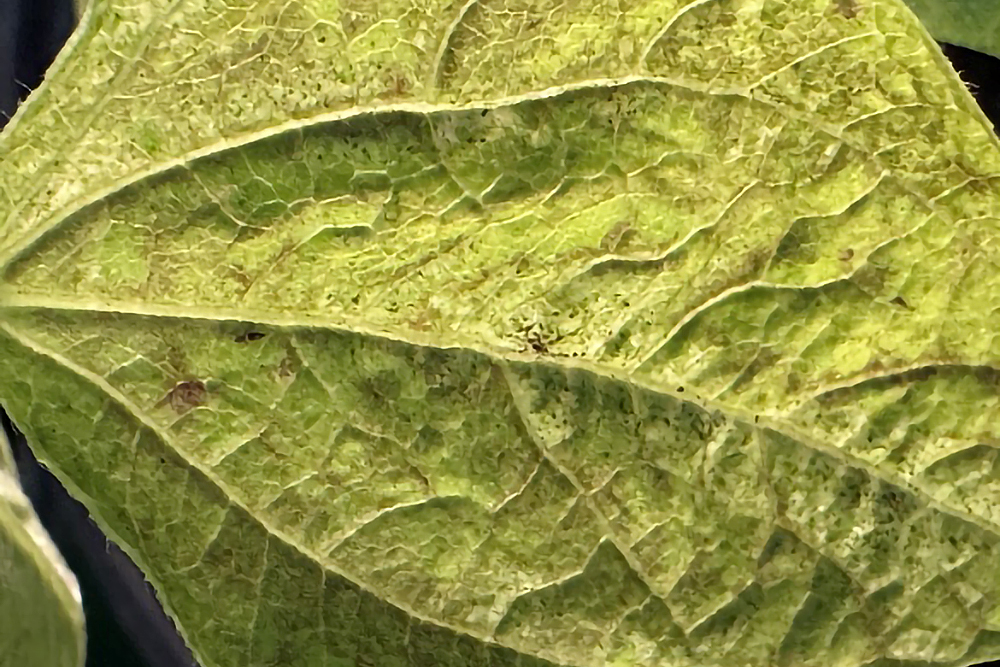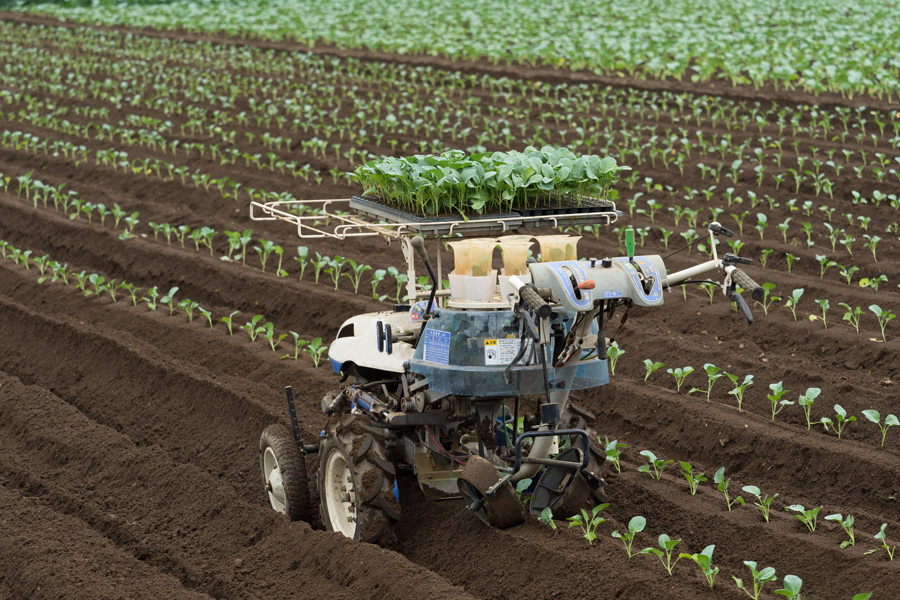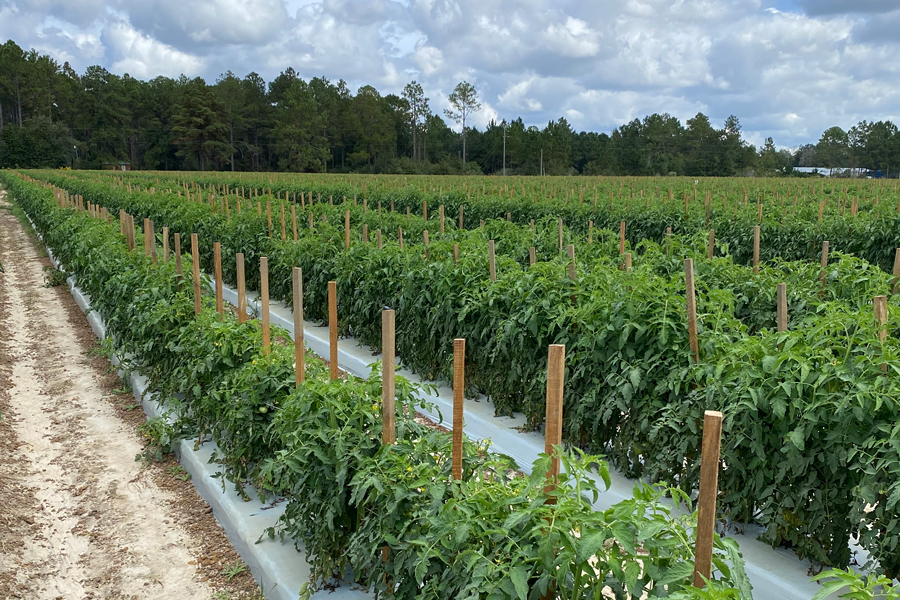Commercial Vegetables
-

The 13 topics covered in this publication are all integral parts of a successful carrot management program. Each topic is designed to focus on a particular aspect of production and provide the latest management technology for that phase of production. It is hoped that the information contained in this publication will assist growers in improving profitability in carrot production.
Ted McAvoy
|
-

This publication is a comprehensive guide to growing vegetables organically, including location, planning, irrigation, soil preparation, composting, fertilizers, successive planting and crop rotation, mulching and insect control.
George E. Boyhan, Bob Westerfield, and Suzanne Stone
|
-

Vegetables comprise an economically important segment of Georgia’s agricultural production, so there is a need for vegetable breeders to have comprehensive, crop-specific data on grower priorities, varietal performance, and production constraints.
UGA’s vegetable breeding program performed a needs assessment survey to assess growers’ preferences, the results of which are presented in this resource. This data will be used to inform the development of regionally adapted high-performing vegetable varieties.
Amol Nankar, Ty Torrance, Justin Shealey, Will Brown, Cale Cloud, Joshua Dawson, Chelsea Lopez, Ted McAvoy, and Bhabesh Dutta
|
-

Thrips parvispinus is an invasive insect pest that poses a serious global threat to vegetables and ornamentals in both fields and greenhouses. This guide will help you identify and manage this pest.
Navdeep Kaur, Shimat V. Joseph, Erich Schoeller, and Ping Yu
|
-

Plant disease losses in 2023, including control costs, amounted to an estimated $715.43 million. The value of the crops used in this estimate was approximately $6863.22 million, resulting in a 10.42% relative disease loss across all crops included in this summary. The estimated values for most crops used to compute these disease losses are summarized in the UGA Center for Agribusiness & Economic Development 2023 Georgia Farm Gate Value Report (AR-25-01). Some estimates for fruits, ornamentals, and turf rely on Extension specialists’ knowledge of the industry and industry sources for information. Because of the retirement of the Extension specialist for ornamental and commercial landscapes, disease losses for this category could not be included in the report.
Ruchika Kashyap, Phillip M. Brannen, Timothy Branner Brenneman, Bhabesh Dutta, Ganpati Jagdale, Robert C Kemerait Jr, Alfredo Martinez, Jonathan E. Oliver, and Laxmi Pandey
|
-

This resource describes whiteflies and the damages they cause in cucurbit crops, and offers recommendations for cucurbit crop varieties for fall season production in southern Georgia that are resistant or tolerant to silverleaf disorder and whitefly-transmitted viruses.
Nirmala Acharya, Ted McAvoy, Sudeep Bag, and David G Riley
|
-

This is an annual report highlighting research conducted on Vidalia onions in recent years. Research topics include: variety trials, irrigation and fertilizer strategies, sulfur content in soils, effect of fertilizers on yield, thrips, factors affecting postharvest incidence of bacterial bulb rot, and Botrytis leaf blight.
Ted McAvoy, Christopher Todd Tyson, Luan Oliveira, and Daniel L. Jackson
|
-

Transplanting is the process in which seedlings are transferred from a specific place where they were sown to the soil where they will develop and produce. This process is an extremely important step in fruit and vegetable production as it helps with the initial establishment of the crop. Mechanical transplanters have emerged as important agricultural machines for farmers, and are designed to automate and optimize the transplanting process.
Luan Oliveira, Ted McAvoy, Regimar Garcia dos Santos, and Marcelo Barbosa
|
-

A soil test is a chemical technique used to determine the status of available nutrients in a soil sample. It is a common method used to predict how soils will react to the addition of lime or fertilizer and calculate how much of each is required for crop production.
Timothy Coolong, Ty Torrance, Ted McAvoy, and Manisha Kumari
|